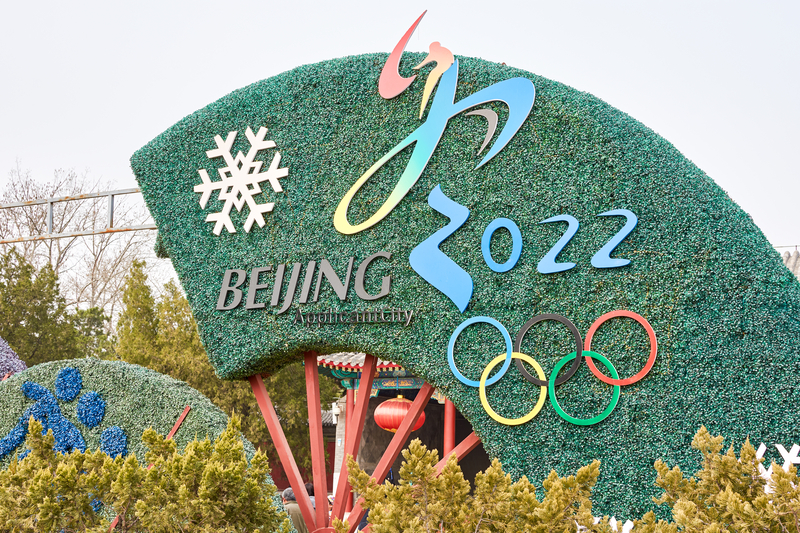The Beijing Winter Games officially launch Friday, Feb. 4, with the opening ceremonies airing on NBC, and for many of us it will be something of a guilty pleasure.
Climate change. Human rights abuses. Restrictions on freedom of expression. Covid outbreaks. Critics charge that the Chinese do not have a great track record here and that a full boycott, such as the one the U.S. instituted in 1980 against the Moscow Summer Games when the Soviet Union invaded Afghanistan, would’ve hit them in their prestige and their wallet.
Others, however, argue that boycotts, including the American, British and Canadian diplomatic boycott of the Beijing Games, do not affect change and only hurt the athletes who have trained their whole lives for this moment. Here’s an excerpt from Slate magazine writer Mary Harris’ interview with Yahoo sportswriter Henry Bushnell:
…Why not an actual boycott?
“Because it harms athletes. A lot of people in the Olympic world say that a full-on boycott just uses innocent athletes as political pawns. A lot of people think that the 1980 boycott of the Moscow Games, which was in response to the Soviet invasion of Afghanistan, wasn’t successful and didn’t have the impact it was intended to have.”
Because Russia didn’t leave Afghanistan.
“For, like, nine other years. Now, you could argue that what it took away from Russia in terms of international prestige and legitimacy did have some sort of impact. But the bigger impact was on the individual lives of the athletes who had put so much into making it to that event, and they just had that taken away from them. And that is the hesitancy of a boycott. The U.S. Olympic Committee and the IOC have done a very good job from a public relations perspective of getting out in front with this narrative that full-on boycotts don’t work. And so I don’t think that was ever seriously considered this time around.”
That doesn’t mean that officials couldn’t use the Olympics to promote a human rights agenda, for instance. The International Olympics Committee is reportedly going to meet with Peng Shuai, the tennis player whose #MeToo moment – in which she charged a former Chinese official with sexual assault, temporarily disappeared and then reappeared, denying the accusation – sparked the Women’s Tennis Association to say that it would be boycotting upcoming tournaments in China.
Given the feel-good nature of the Olympic narrative spun by both the host country and the games’ broadcasters – and the desire of the viewers to escape into the games with no more thought than the success of a skater’s quadruple toe loop in mind – we doubt international concerns will be on the agenda.
For more, visit nbcolympics.com/schedule.


